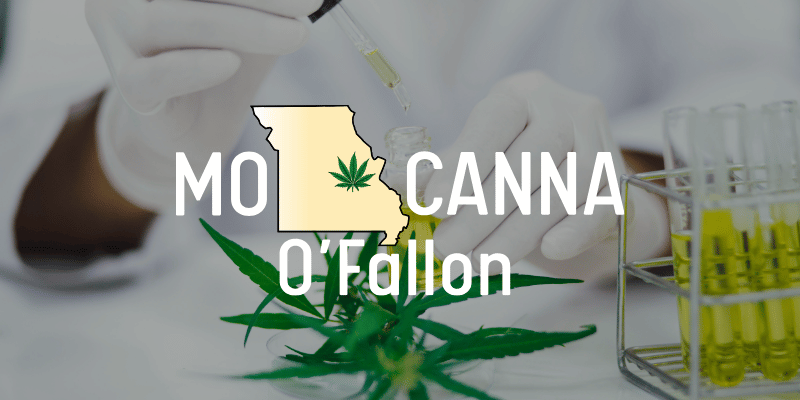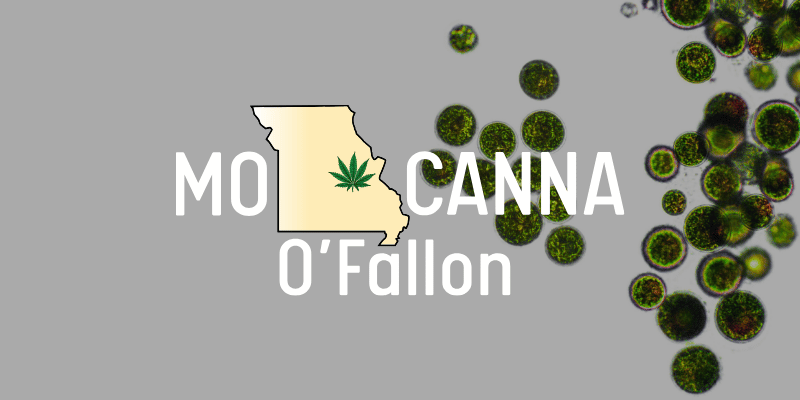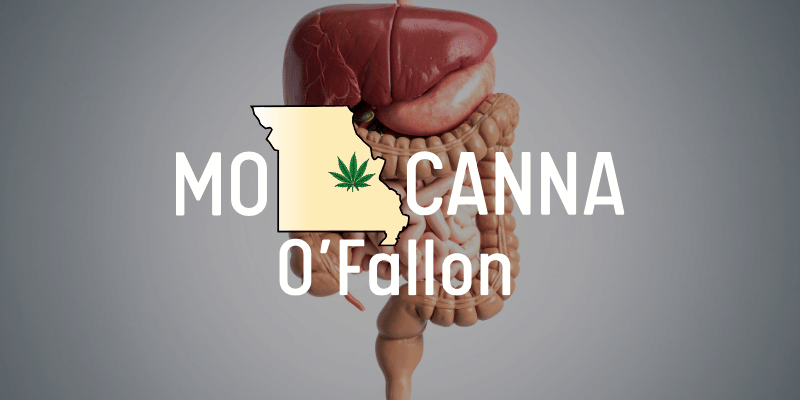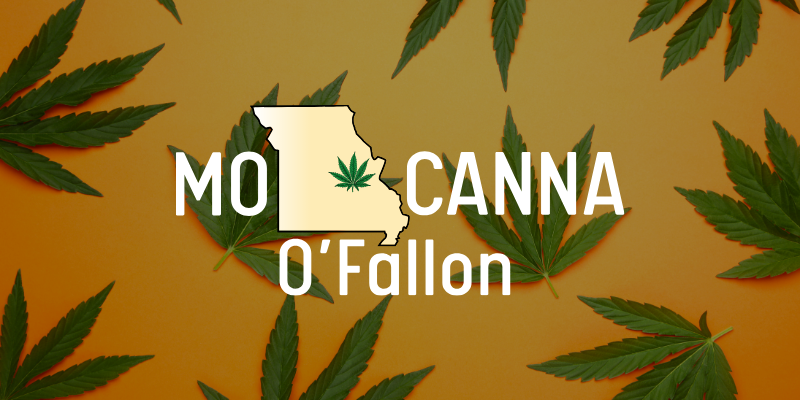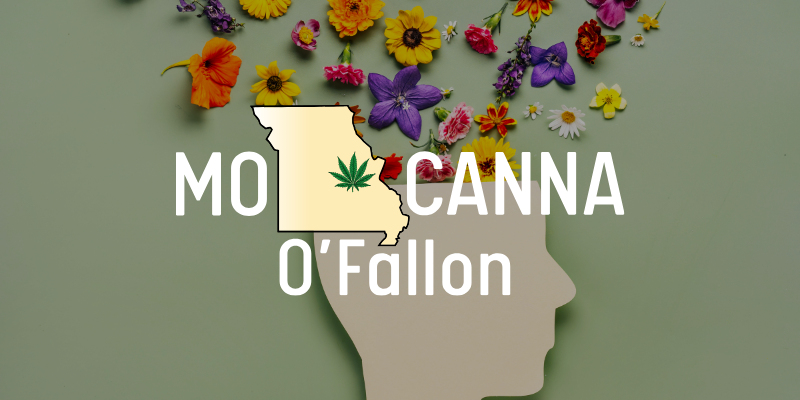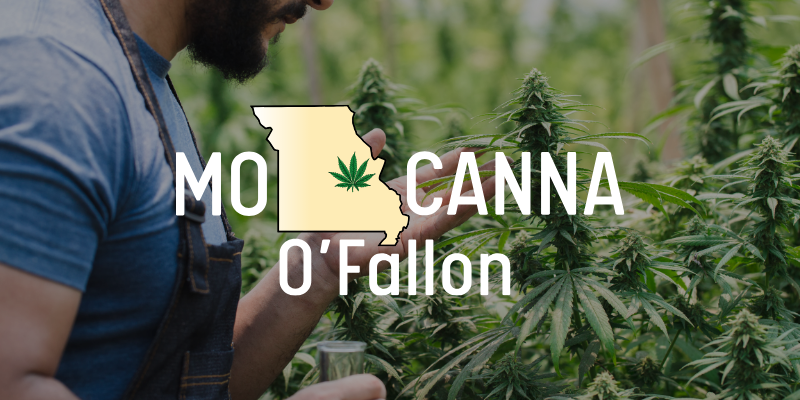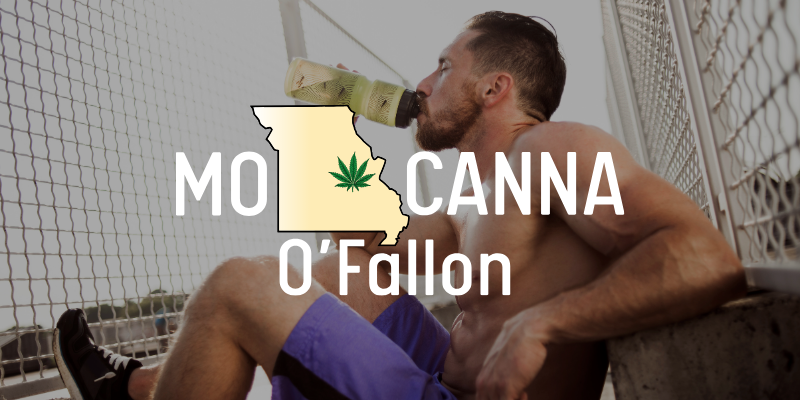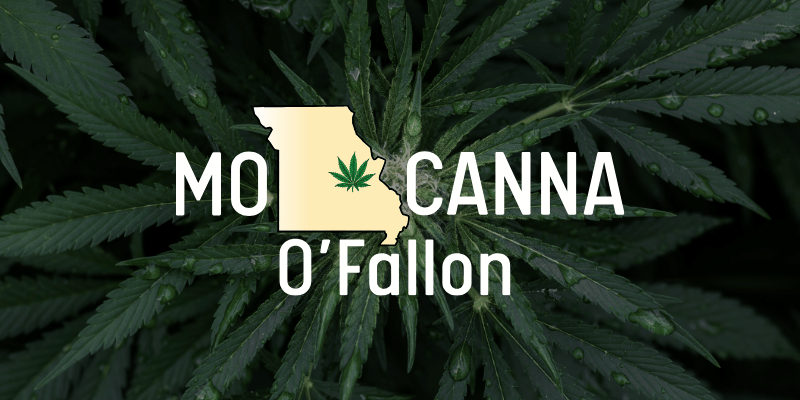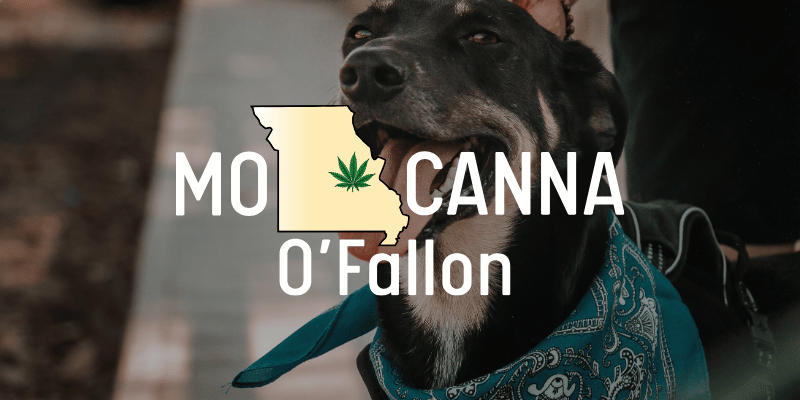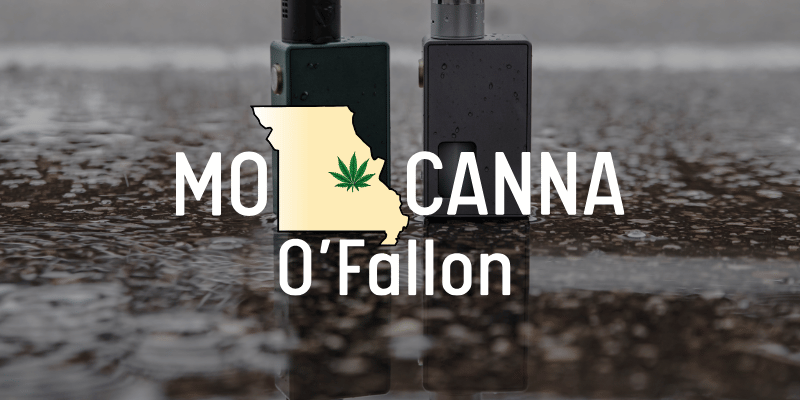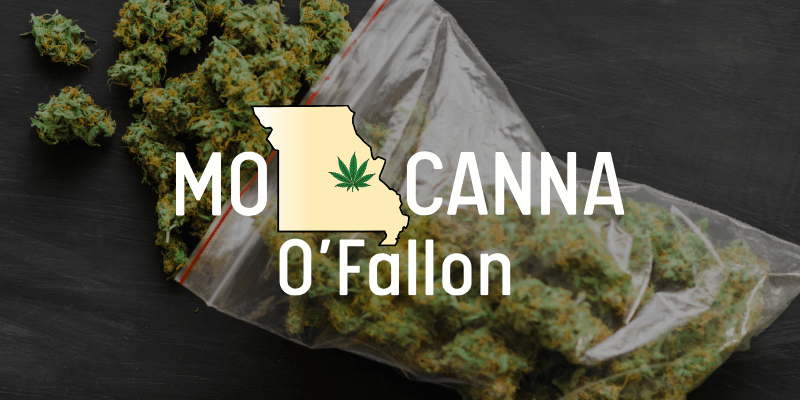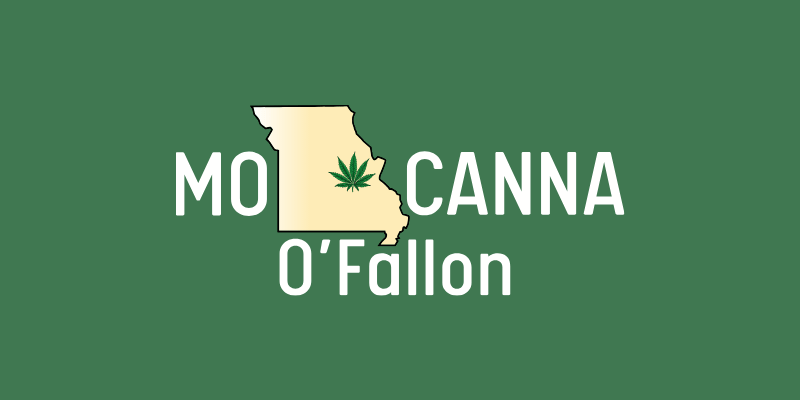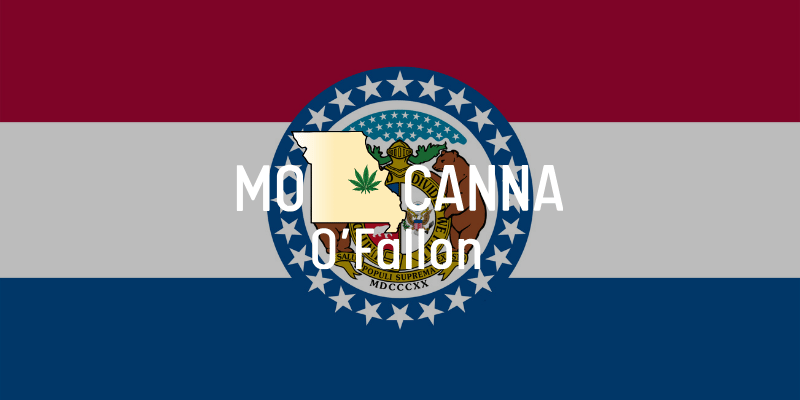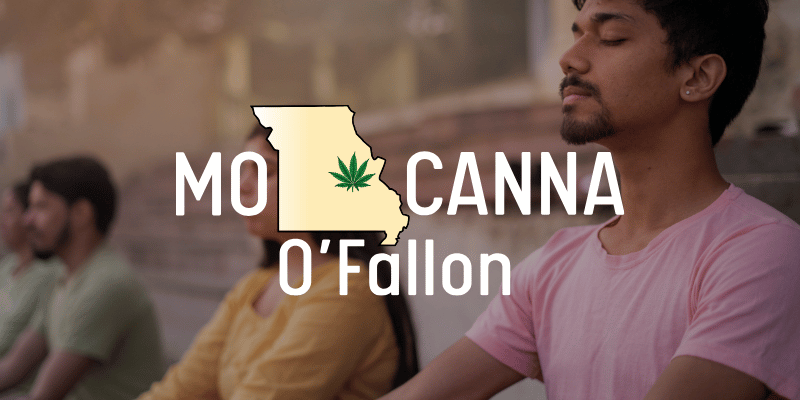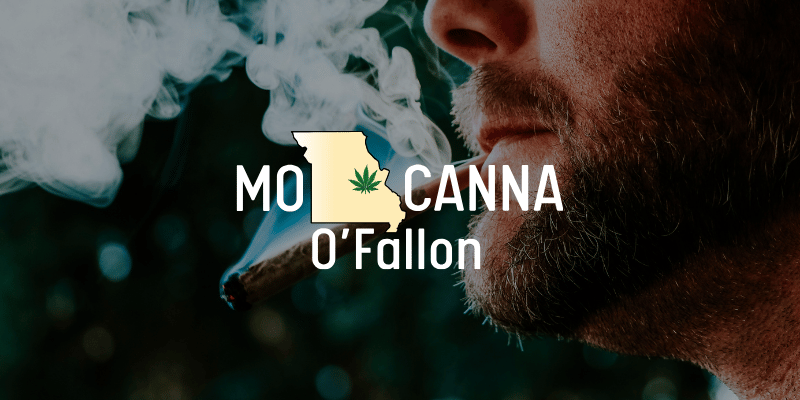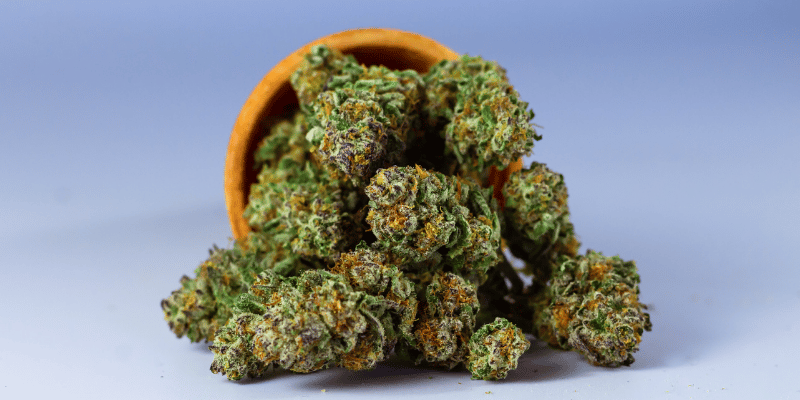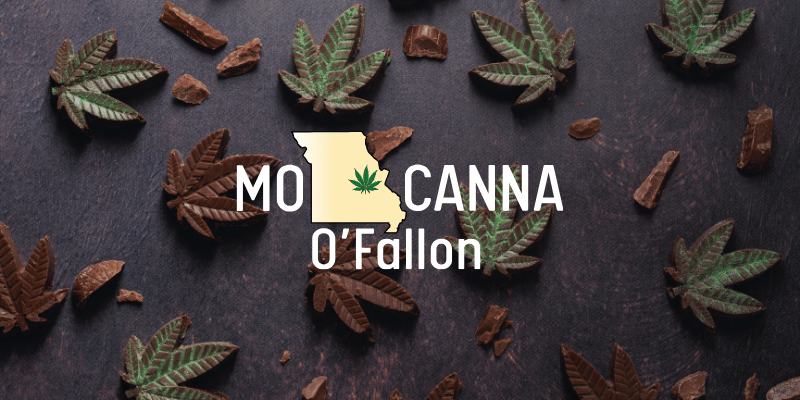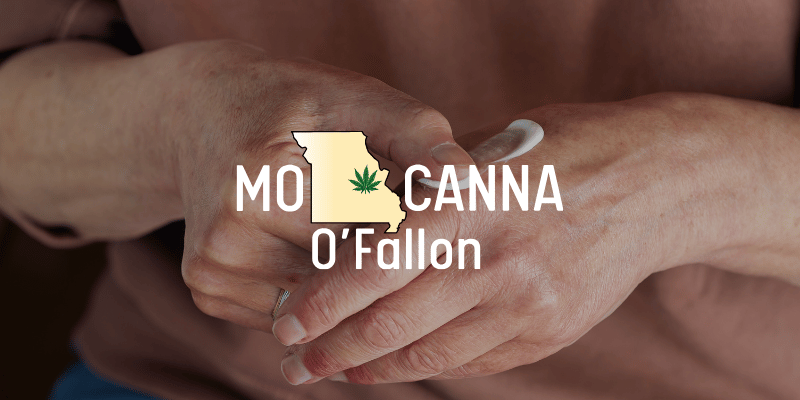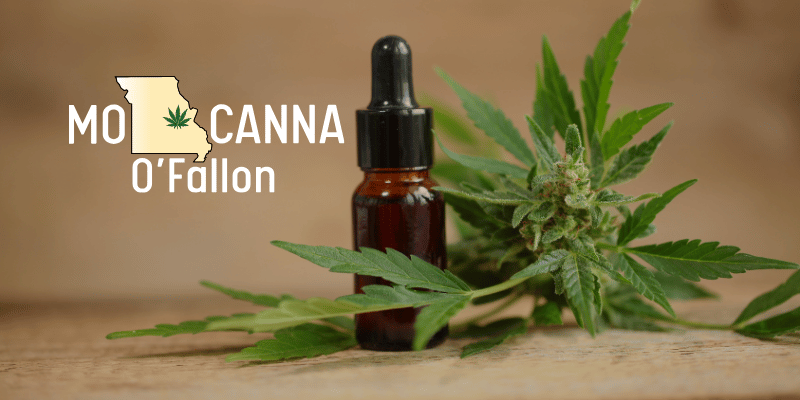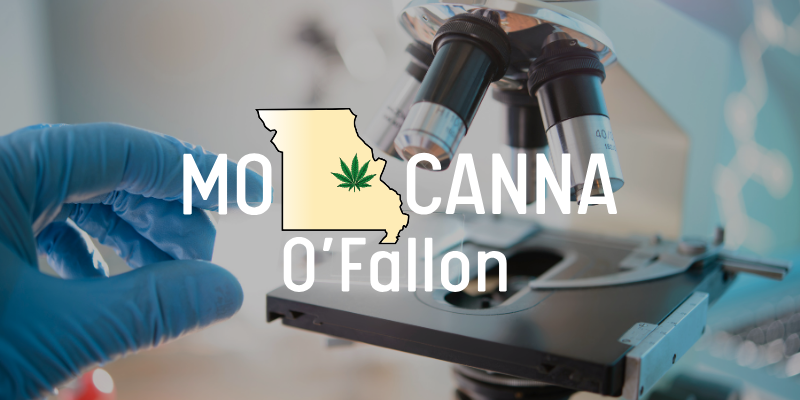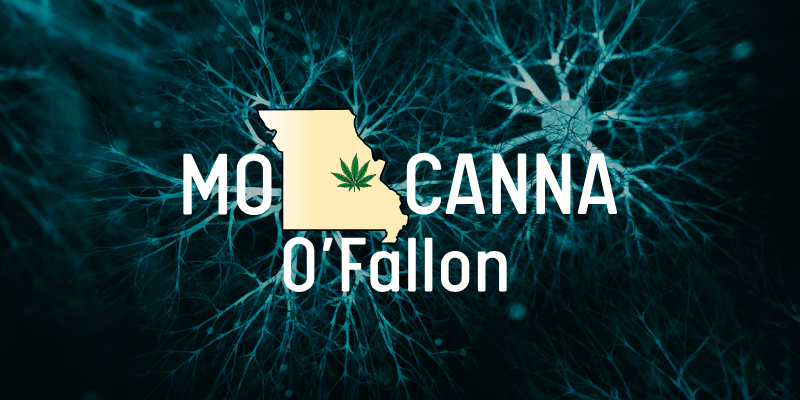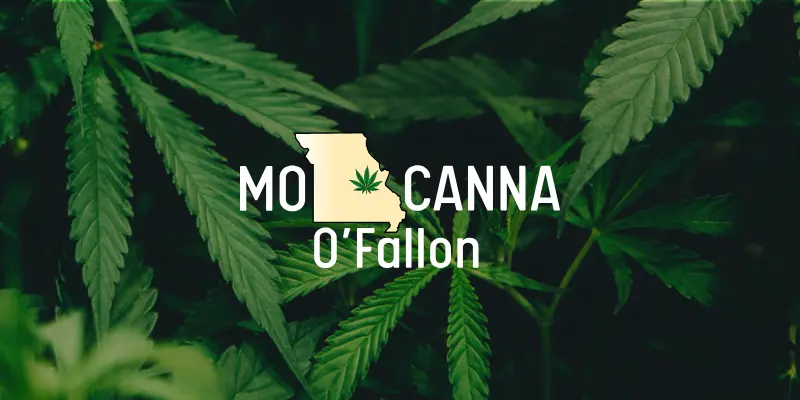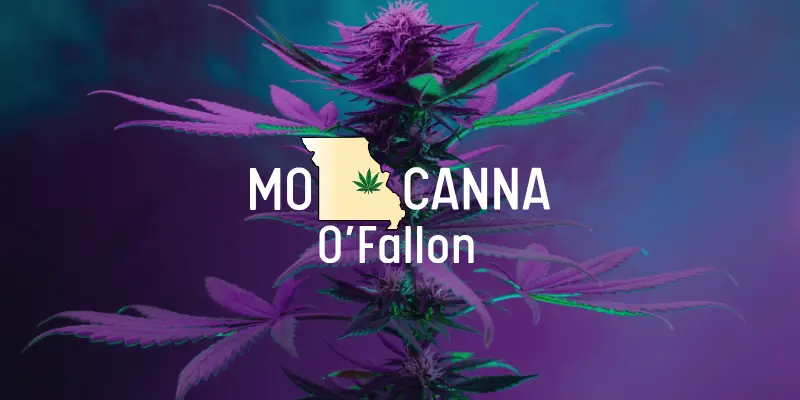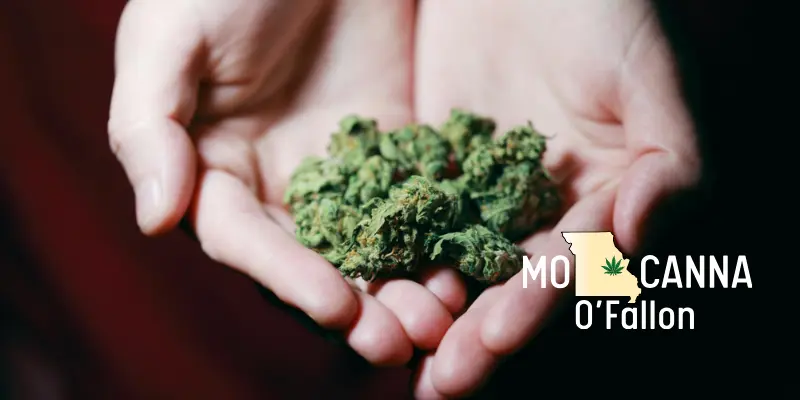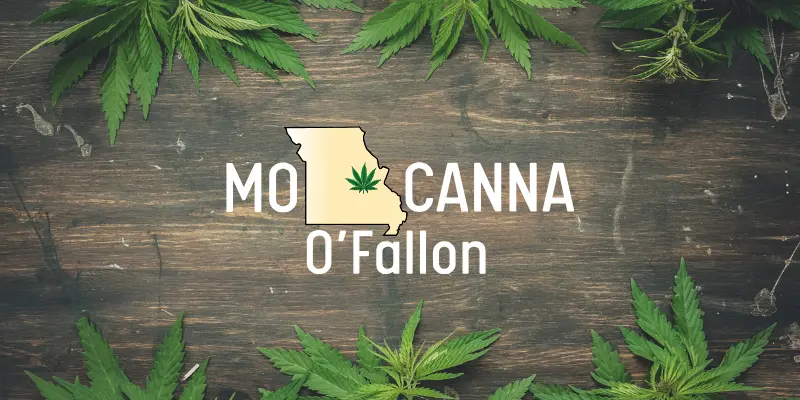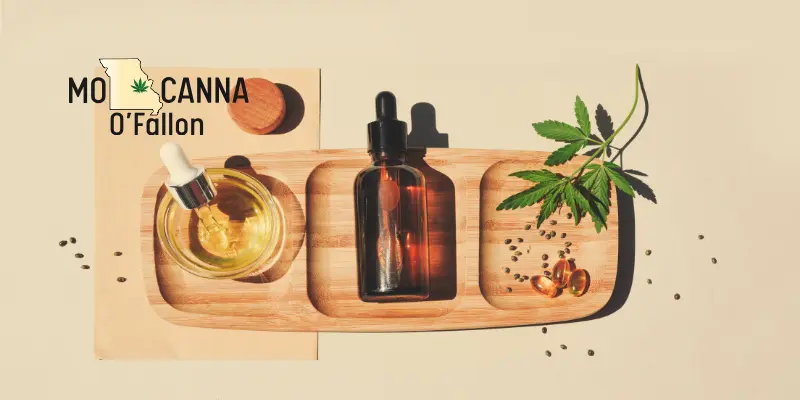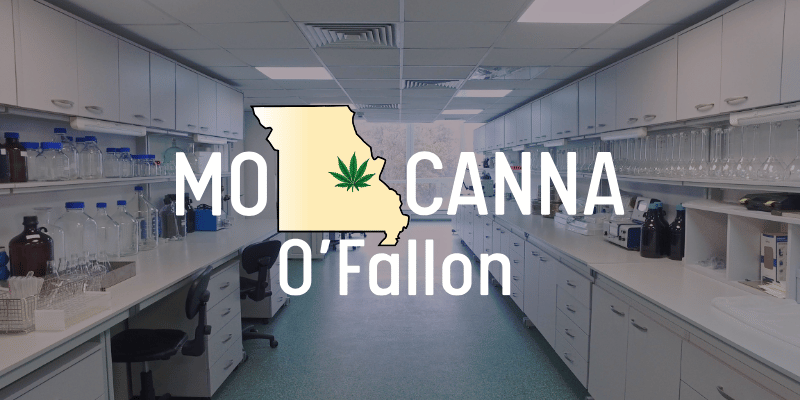
THC Detection Windows and Workplace Drug Testing in Missouri: What to Expect and How to Prepare
Educational only. This article is not legal or medical advice. Employment policies vary by company, industry, and contract. If you have questions about your situation, speak with HR or a licensed attorney.
Why this matters in O’Fallon
Plenty of adults in O’Fallon, Missouri enjoy legal cannabis on their own time. The stress spike comes when a new job or a post-incident screening appears on the calendar. Even though Missouri allows adult use, employers can still set drug and alcohol rules for the workplace. Knowing how tests work, how long THC can be detected, and what your rights look like in Missouri helps you plan with fewer surprises.
If you are new to cannabis and want broader context before reading on, start with our Beginner’s Guide. For practical travel and compliance tips, see Travel with Cannabis in Missouri.
What Missouri law generally allows employers to do
Missouri’s constitution makes it clear that employers do not have to permit cannabis at work, and they can discipline someone for being under the influence during work hours. That is true even though adult use is legal.
Missouri does not have a comprehensive statute that limits drug testing for private employers. In practice this means most private employers can test applicants and employees, subject to anti-discrimination and other general laws.
Types of workplace tests you might encounter
Not all tests look for the same thing or cover the same time window. These are typical ranges, not guarantees. Your results can vary based on frequency of use, dose, body composition, and lab cutoff levels.
Urine tests
Urine is the most common format. Labs typically screen for the THC metabolite THCA-COOH. Detection can range from a few days to multiple weeks for frequent users. Federal guidance notes that urine often detects use for about 1.5 to 4 days, longer with chronic use. Other medical references report up to 30 days or more in heavy users.
Oral fluid (saliva)
Oral fluid tests detect more recent use. A common detection window is roughly 5 to 48 hours after use, depending on the device and cutoff.
Blood tests
Blood is used less often in employment, more often in post-incident or impairment investigations. THC in blood usually reflects recent use and has a short detection period, typically hours to a day for occasional users.
Hair tests
Hair testing looks at a much longer history. Many sources cite up to 90 days, sometimes longer depending on hair length and lab protocols. Hair tests are not about current impairment.
What actually affects your detection window
- Frequency and dose. Regular or high-dose use saturates fat tissue with THC metabolites, which lengthens how long urine is positive.
- Body composition and metabolism. Higher body fat can store more metabolites.
- Test cutoffs and confirmation. Point-of-care screens use threshold levels. Labs confirm positives with more specific methods. Lower cutoffs can catch smaller amounts.
- Time since last use. Abstinence is the only reliable way to ensure a negative test. Claims that exercise, sauna, extreme hydration, or “detox kits” can reliably beat a test are not supported by strong evidence.
CBD products and false confidence
CBD itself is not usually on employment panels, but full-spectrum CBD can contain small amounts of THC that accumulate over time. If you must stay THC free, select products labeled 0.0 percent THC and verify with the product Certificate of Analysis. Review how to read a COA in What Your COA Is Telling You before you buy.
Methods of consumption vs detection
Whether you vape, eat an edible, or use a tincture, the body still produces THC metabolites. Edibles produce a longer subjective effect for many people, but detection windows mostly track with how often and how much you consume rather than the format alone. If you are unsure about dosing and timing, our Mastering Edibles guide explains onset and duration differences that matter for planning.
Missouri specific notes for job seekers and employees
- Pre employment. Many private employers can test at hire. Some wait until a conditional offer. Ask about the timing so you are not surprised.
- Post accident and reasonable suspicion. Policies often include testing after workplace incidents or when impairment is suspected. Read your handbook.
- Safety sensitive and federal roles. Positions regulated by federal agencies, or employers with federal contracts, can have stricter rules regardless of Missouri law. DOT rules are a common example. When in doubt, ask HR or review your offer letter for federal requirements.
- Medical patients. If you are a qualifying patient, some protections exist for lawful off duty use, but not for on duty impairment. Documentation may be important if your employer policy allows accommodations for non safety sensitive roles. This is a talk to HR and possibly an attorney situation.
Planning ahead if testing is likely
- Check policy first. Read the exact testing policy and any listed cutoffs or specimen types. Policies are often in the employee handbook or applicant portal.
- Match your timeline. If a test is possible soon, abstain. Time is the only dependable variable you can control.
- Mind your products. If you need to avoid THC entirely, use only products with verifiable 0.0 percent THC and check the COA every time. Reference our COA guide.
- Avoid secondhand exposure myths. Passive exposure in ventilated spaces is unlikely to trigger a positive at standard cutoffs, but enclosed unventilated areas can be risky. The safest plan before testing is to avoid any exposure.
- Keep prescriptions handy. If you take medications that could affect screening, bring documentation. Medical Review Officers use confirmations to sort true positives from cross reactions.
- Be cautious with online tips. Extreme hydration, niacin megadoses, or unregulated detox products can be unsafe and do not guarantee anything.
Frequently asked questions
How long should I stop before a urine test?
There is no universal number. Occasional users may clear within several days. Frequent users can test positive for weeks. Plan for more time than you think you need, especially if you use daily.
Do edibles last longer on tests than vaping?
Format matters less than total THC exposure over time. Consistent use is what stretches the window. See Mastering Edibles for timing differences you can feel, which are not the same as lab detection.
Policies vary. Many employers focus on testing rather than questions, and Missouri law still allows employers to prohibit working under the influence. Always ask HR for the written policy instead of relying on rumors.
Are there protections for veterans who are medical patients?
Veterans who are qualifying patients may have the same limited patient protections discussed above, but workplace rules still apply. For veteran focused product guidance, visit Veterans and Cannabis in Missouri. For relaxation without intoxication, see Mindful Cannabis and Breathwork.
What about hair tests that look back 90 days?
Hair tests often cover roughly three months of history and are not measures of current impairment. They can be difficult to navigate if you have used regularly in the prior quarter.
A practical game plan for O’Fallon workers
- If a test is possible soon, stop now and give yourself the maximum window.
- Switch to CBD products labeled THC free and double check the COA.
- Improve sleep, hydration, and routine to manage stress while you abstain. If sleep is hard without THC, our Sleep in Missouri Summers guide offers non intoxication tips plus product ideas that are easier to pause later.
- If you are a qualifying patient, organize your documentation and ask HR how your company handles patient status for non safety sensitive roles.
- If policies are unclear, ask HR to point you to the written document. If your situation is complex, speak with a Missouri employment attorney.
Bottom line
Legal adult use in Missouri does not equal a free pass at work. Employers can enforce drug free policies and act on on duty impairment, and medical patient protections have limits. Know your employer rules, understand detection windows, and plan ahead so a job change or random screen does not upend your week. If you want help selecting products that match your goals and timelines, contact MO Canna O’Fallon and talk with a budtender you can trust.



